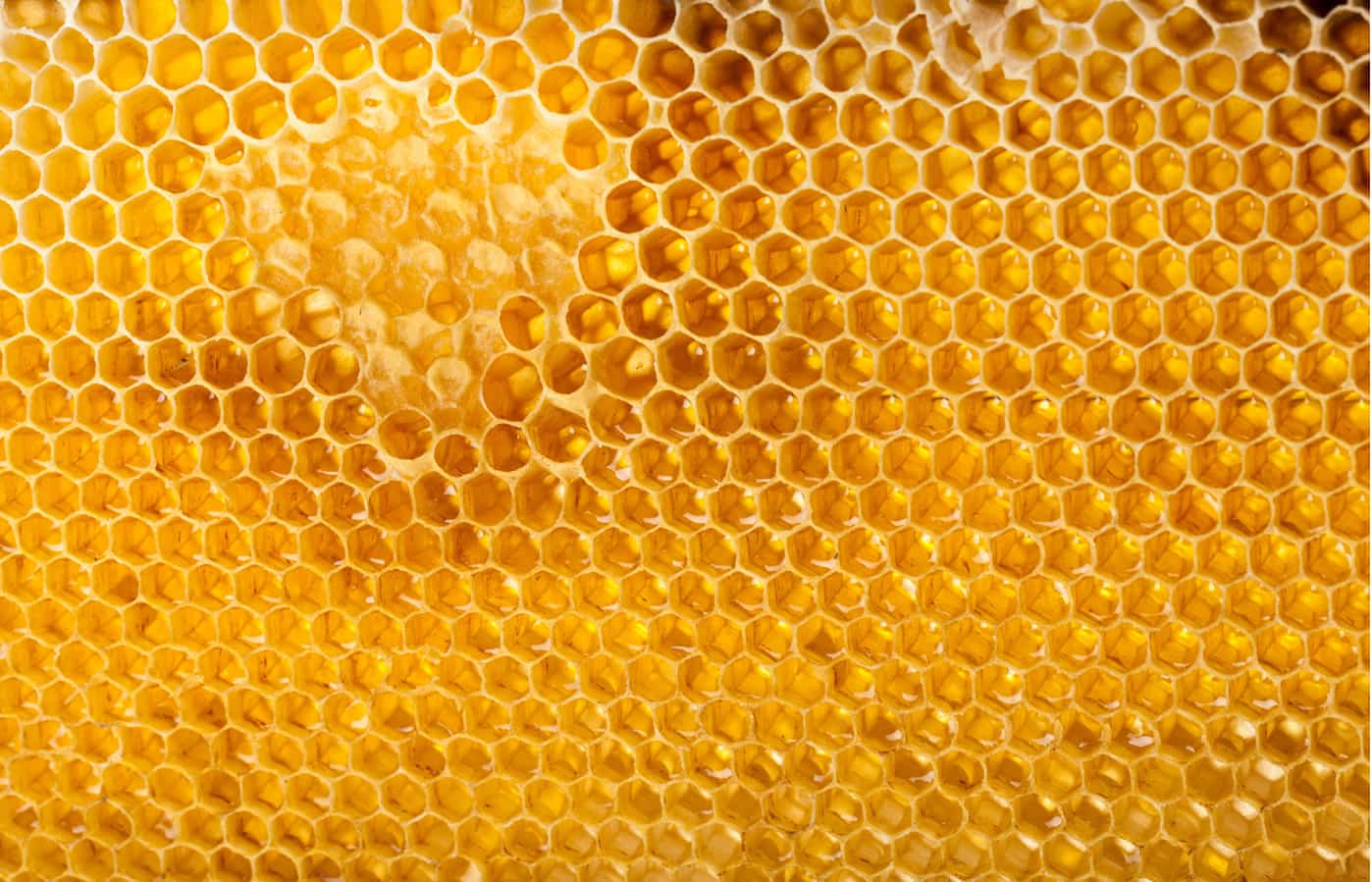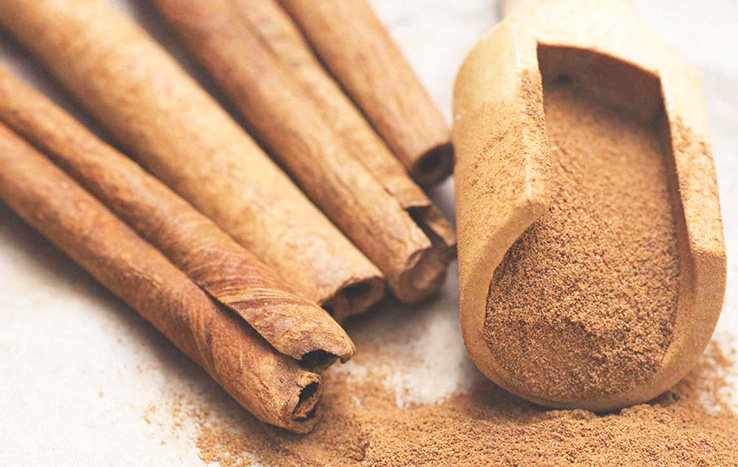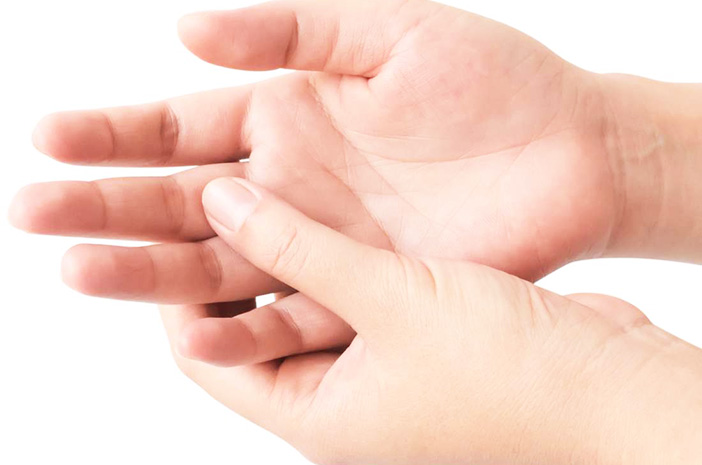Let’s start at the very beginning
It’s no secret that humans have a knack for eating sweets. It’s part of our nature and although some people try to evade these sweet treats for various reasons, the majority of our species are proud of having a natural tendency to lean towards sugary foods. This is evident in our eating habits and our not-so-healthy food choices. Chocolates for breakfast? Ice cream for dinner? Come on. Our tendency to veer towards sugary foods and sweets became more intense as years passed. This was acknowledged by manufacturers and they incorporated technology advancements in the production of sugar to make it affordable to everyone. As a result, sugar because present in almost every food sold at the market.
This caused an increase in chronic disease rates and other health problems such as mood disorders, cancers, irregularities in weight, metabolic syndrome, heart problems, lowered immune functions, and of course, diabetes. Because of this, more people decided to watch their health closely and look for other natural sources of sugar. While the obvious solution was to cut down on isolated or processed sugars, some made sure that the sugars they consumed came from sweeteners that were nutritious, natural, and had health benefits. This put the spotlight on raw honey.
Facts about Raw Honey
When honey or nectar extracted from flowers is in its pure form, it’s called raw honey. It is not pasteurized, heated, nor processed which is why its health benefits are still intact and all of its nutrients (enzymes, phytonutrients, vitamins, etc.), preserved. This is what sets raw honey apart from commercial honey. Since ancient times, raw honey has been a crucial element in healing, health, cultural, and religious practices.
The Qualities of Raw Honey
These days, you’ll find liquid and solid or creamed raw honey. Over time, liquid honey may solidify or crystallize, depending on where you keep it. It can be milky, clear, or opaque and it has different colors: brown, white, and different shades of yellow. The form and color depends on what flower the honey was extracted from. It’s impossible to identify pasteurized or raw honey on the basis of form, taste, or color. Those are things that we leave to the experts to figure out. If the label says that it’s raw honey, then there’s a high chance that it is. At present, there are no certifications or regulations that are implemented in the production of raw honey. The key words “untreated” or “unpasteurized” may be helpful, but that still won’t guarantee that the honey is indeed raw. Besides, the word “unpasteurized” is already a dead giveaway that the honey isn’t raw. While some beekeepers refrain from pasteurizing honey, there’s still a high chance that they’ll heat it which makes the words “pure” or “natural” insignificant in identifying raw honey.
Calling the company and asking about their production process will help you figure out if their product is raw. It also helps when you know beekeepers who are very critical in sourcing and preparing raw honey. Locally produced honey may be more beneficial than those produced from other places. For most health professionals, locally sourced raw honey has the ability to treat allergies such as asthma and Hay Fever. It can also boost your immune system.
Although health experts prefer that you choose organic honey, the more important factor to consider is where or how it was sourced. Despite certifications, a lot of health experts still believe that there is no 100% organic honey. Moreover, beekeepers are required to stick to strict production conditions and standards to be certified. There must be zero environmental pollutants, chemicals, or pesticide residues in raw organic honey. Organic hives are also prohibited from using antibiotics, sugar, pesticides, or non-organic honey. Regardless of how you source your raw honey, the presence of propolis, bee pollen, and honeycomb particles are perfectly normal. These actually contribute to the health benefits that we get from raw honey.
Why Raw Honey is Good for You
There is no doubt that raw honey gives you an instant energy boost. As a matter of fact, it is highly recommended for athletes, health buffs, gym rats, and people with active lifestyles. People who lived in the early ages found it beneficial but today, in a culture where calories are present in almost any type of food that we eat, raw honey is seen as a problem.
Raw honey is best known for being a good source of enzymes, antioxidants, minerals, vitamins, phytonutrients, etc. It also contains propolis and bee pollen which are its two critical components.
Bee pollen
Almost all of the nutrients that the body needs are present in bee pollen. It contains vitamins, proteins, minerals, fatty acids, bioflavonoids, and carotenoids which are antibacterial, antiviral, and are essential in keeping your cardiovascular system healthy.
Propolis
The antifungal, antiviral, anti-inflammatory, antioxidant, and antibacterial properties of propolis are just some of the reasons why it should be part of our diet. You can drink it or use it topically to maximize the health benefits that you can get from it.
Raw honey and propolis can help stop cancer and tumor because it has phytonutrients that can fight off these health problems. Raw honey can also improve your immune system, provide instant relief from cough, treat allergies, regulate blood sugar and cholesterol, heal stomach ulcers, and cure infections caused by bacteria.
Raw honey is also used as a natural remedy in treating Candida, nausea, stomach upset, and other digestive problems. It does not trigger complications such as acid reflux and indigestion, unlike processed sugars. Another factor that sets raw honey apart from processed honey is that it is alkaline forming. Experts recommend that we should have more alkaline than acid forming foods in our diet.
The Downside
Health benefits aside, raw honey has its disadvantages.
We listed them below:
1. High Levels of Sugar
While it is known for regulating insulin, excessive consumption of honey spike your sugar and trigger imbalances. It is also made up of 30% glucose, 40% fructose, complex carbohydrates, sucrose, and maltose.
2. Additional Calories
Unfortunately, honey can increase the amount of calories in each meal. A tablespoon of honey is equivalent to an estimate of sixty calories. Yikes! Therefore, if you are trying to maintain/lose weight, then control your consumption of honey. A tablespoon in the morning should be enough. Besides, you can’t finish a bottle or a jar of honey in one sitting because it’s way too sweet for your liking.
3. Disappearing Bees
There has been a decline in the population of bees since more people switched to raw honey, according to scientific reports. With this, future food forecasts are facing a huge threat. More than producing honey, bees also help pollinate plants and other food crops. Without them, we’re in big trouble. One of the solutions is to lower the demand for honey to allow the bees to live freely. Other factors such as climate change, electromagnetic radiation, and different types of chemicals are under investigation as these too may have contributed to the decrease in the bee population.
4. Bacterial Contamination
Since honey is high in sugar and low in water, it’s almost impossible for microorganisms to grow and develop. In some cases however, endospores of Clostridium botulinum, a bacteria that triggers botulism, were discovered. This is the main reason why infants are not allowed to eat or drink honey. Adults, on other hand, have no problems with the presence of this bacteria because it can be processed by their digestive system.
5. Animal Safety
There are controversies concerning beekeeping and this has something to do with how these bees are taken care of. How are their living conditions? Are they treated well? Are they given enough food? A lot of beekeepers are guilty of starving the colonies and burning the hives when the season ends to steer clear of maintenance costs. This should also be considered when you purchase raw honey. Buy from beekeepers who treat their bees well and stay away from companies who only focus on profit and fail to give their bees proper treatment.
Can We Consume Raw Honey?
When all is said and done, one last question should be answered: is it safe to eat raw honey? It has its advantages and disadvantages not only to our health but also to the environment so the best answer to this question is, it all boils down to its usage and source. While the common advice is to take everything in moderation, the best suggestion is to pay close attention to what your body needs. If you think that raw honey can help address your health concerns, then by all means, take it. Just make sure that you purchase from responsible beekeepers. Go for organic brands with maximum health benefits and minimal damage to the environment.
On the flip side, if you think that you can survive without raw honey, remember that you can get from propolis and bee pollen can be bought as tablets or capsules from the drug store. Look for articles online and do some research on what the health supplement counterparts of bee pollen and propolis are.








